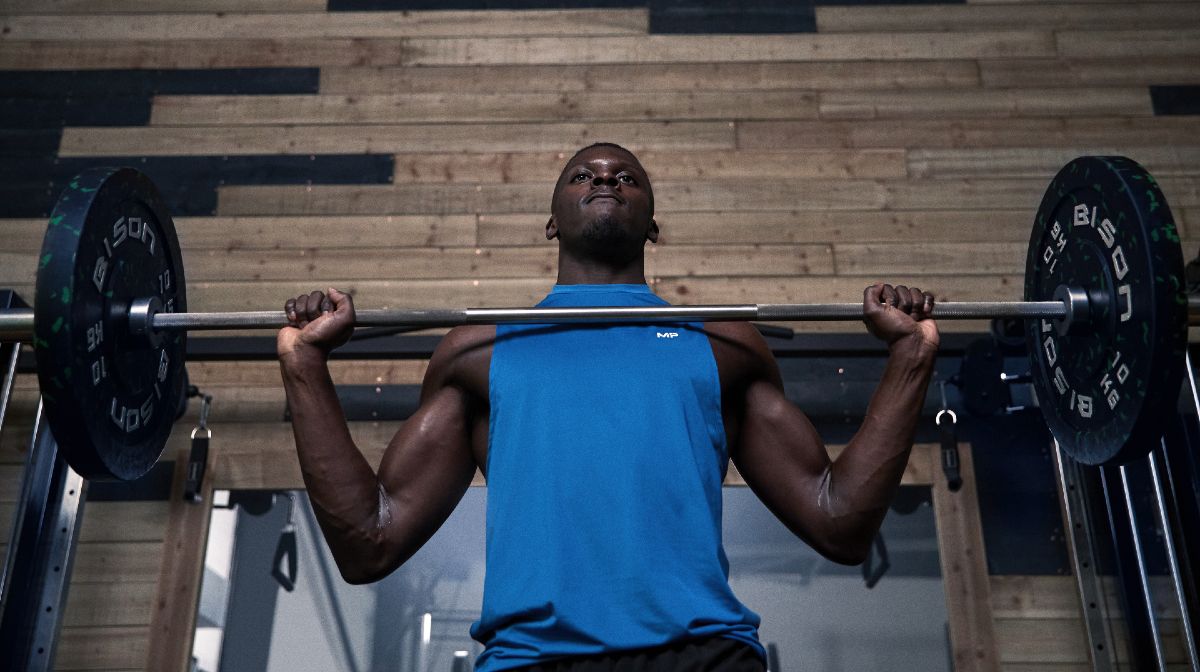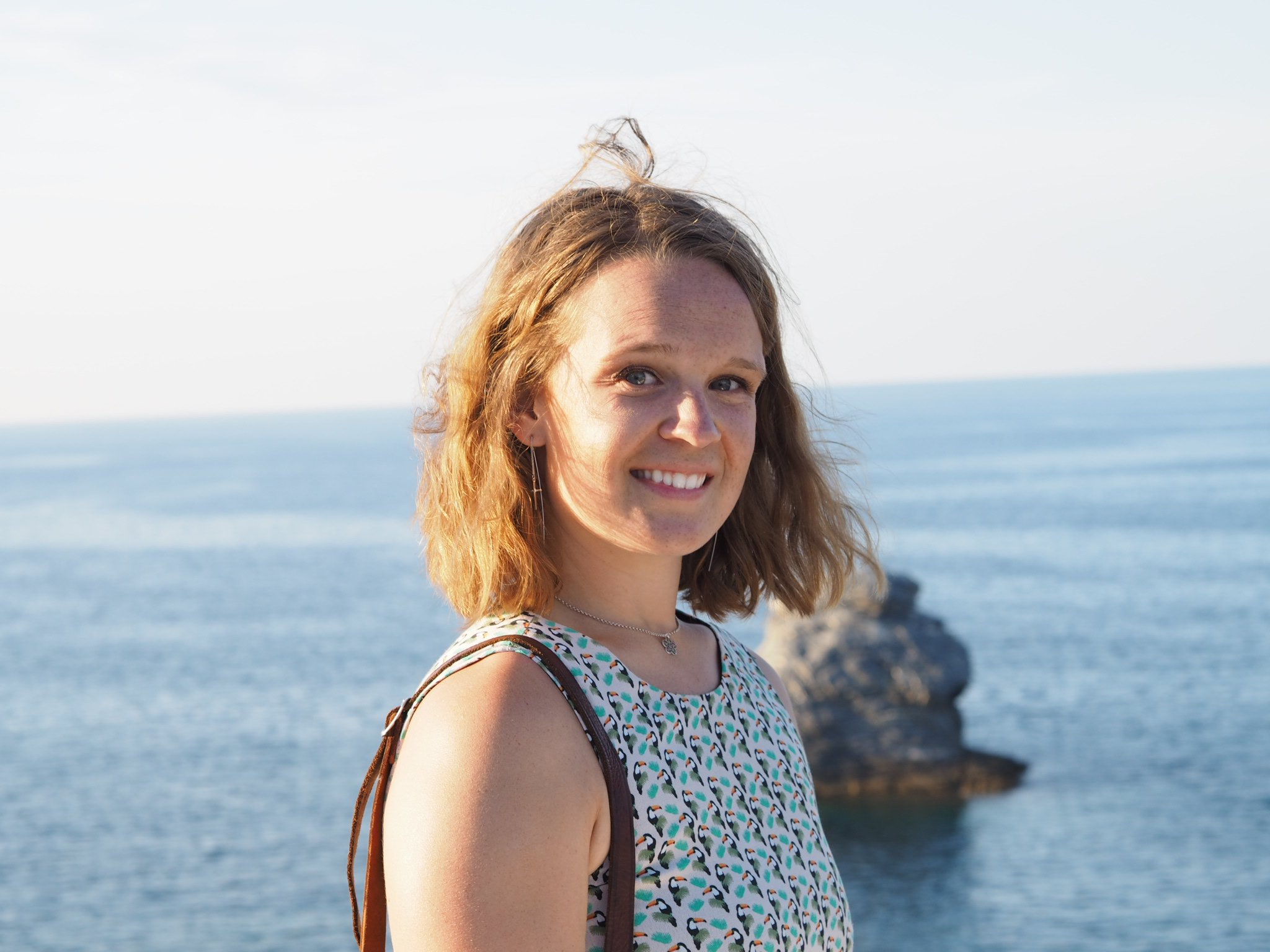Make Your January Goals Achievable With London’s Top Life Coach

We know that many of you will be feeling overwhelmed right now when you think about what you want to do with your year. So, to help you out, we asked one of the UK’s top life coaches, Nick Hatter, to give us all some guidance on where to start.
Here’s how this life coach makes his January goals achievable...

So, it’s 2021. This time you’re going to make it happen! Except, you said that last year. And that year before that. Often 2 weeks into January (or possibly even sooner), we find ourselves relapsing into old behaviours. How did this happen?
Perhaps you find yourself still procrastinating, still not moving forward and still stuck. We’ve all been there and I’m here to tell you that there’s a way out.
1. Is my goal realistically achievable in the time frame?
Wanting to lose 10% body fat this year? That’s great. I did in 2020 — except it took me over 6 months, not 2 weeks. You need to be realistic, especially when it comes to fitness goals, and especially if you’re not a pro bodybuilder.
You might find yourself starting to give up when you hit the gym for a week, or stay on a diet for two weeks, and you’re not seeing any changes. Changes like this take time, discipline and consistency, so whatever your goals, go in with your eyes wide open.
I realise not all your goals will be fitness related, so how about finally writing or publishing that book? Well, my upcoming book,
You need to have patience — which has become a bit of a lost art in our instant-gratification culture. Ask yourself if the goal is actually attainable. Why not instead, focus on losing just 0.5% body fat this January instead? Don’t shoot yourself in the foot by aiming too big too soon and then getting disappointed.
2. How can I keep myself regularly accountable?
As management consultant Peter Drucker famously said, ‘Whatever gets measured, gets improved’.
With my weight loss, I decided to weigh myself every 3 days (because weight fluctuates day to day), measure body fat and I also counted calories using an app. To make calorie counting easier, you can also round up numbers — for example, if a pot of cottage cheese has 189 calories, round it up to 200.
As for my book, I set myself a daily target of just 200 words a day for a while — now I’ve written nearly 75,000 words. Little and often tends to be better, especially in setting habits for the long run.
Also, seeing small regular improvements in the numbers, whether it’s your deadlift or running pace, will be something to celebrate along the way and keep you motivated.
3. What’s the next smallest step I can take?
This is simple and yet very effective for incisively cutting through all the noise in your head about what to do next. It’s so simple in fact, that it’s almost common sense. But then again, common sense is not common practice. Change can be liberating and exciting, but it can also be overwhelming and stressful — even if it’s positive.
The process of change can certainly bring up all kinds of discomfort in us, which leads us to procrastinate. Procrastination is a bit like hiking and stumbling across a huge mountain in your path and thinking, ‘There’s no way can I climb that, it’s way too high and too much work! I think I’ll leave it for another day’.
The problem is, you need to climb the mountain to get where you’re going. And the longer you put off climbing it, the more painful it becomes.
One piece of advice I had from a university lecturer was when writing a new assignment, just start by creating a new document, giving it a title, and then saving it. If you manage to do that, great, you’re already one step closer to finishing it.
Perhaps the next step, if you’re brave, is to start writing the first sentence. If you can do that, then perhaps you might want to just finish writing the first paragraph. And so forth. Before you know it, you’ve got a snowball of momentum. But the hardest step? It’s often the first one.
Some days in my weight loss journey, I really didn’t feel up to a full workout. The perfectionist in me said, ‘See? There’s no point going to the gym’. Instead, I would think about what’s the next smallest step I could take. Sometimes, the answer would be just getting on a cross‐trainer for 10 minutes, or just taking a daily walk — and that was it.
You’re not always going to feel up to a beast of a workout. Just do what you can with the energy and the time that you do have.
To quote Naeem Callaway: “Sometimes the smallest step in the right direction ends up being the biggest step of your life. Tiptoe if you must, but take a step.”
4. Who can support me with this goal?
We may need the support of a training partner or perhaps a life coach such as myself, to help keep us accountable. A top life coach can certainly help you discover what’s really holding you back. In some cases, it could be a hidden addiction (such as to food or beer), or unconscious negative behaviours or thought patterns. You could also benefit from some hypnotic rehearsal to visualise yourself achieving your goals (studies show that it can be almost as effective as doing real training in some cases).
One study by the American Society of Training and Development (ASTD) found that regular accountability appointments with someone you commit to increases your chance of achieving a goal by up to 95%. It’s not surprising; we’re social beings, and not many of us like to look bad, especially to someone we respect.
I have seen my clients have massive breakthroughs with life coaching. Sometimes all they need is someone to ask the right questions, to support them, and ultimately, to unlock their full potential.
Whether it’s a personal trainer, life coach, or a good friend, having someone to keep your head in the game is just as important as running the race.
Six packs are not only made in the kitchen; they’re made in the mind. Many of us train our biceps, but how many of us train our minds?
Take home message
Nick’s quick questions are a great place to start when setting your goals to keep them realistic, measurable, and sustainable. You can apply these to any of your goals this year to help you stay on track. If you’re after more help, why not check out our new challenge #RefuelYourAmbition or find out more about how Nick could help you below.

About Nick Hatter
READ THIS NEXT:

Evangeline has taken part in competitive sports since a young age. As a qualified RYA Dinghy Instructor, she understands the importance of proper nutrition for fuelling extreme and endurance sports, especially due to her experience in Team GBR Squads and captaining and coaching her University first team.
In her spare time, Evangeline loves running – especially marathons. On the weekends, you’ll find her taking on water sports or hiking up a hill. Her favourite evenings are spent taking on a HIIT session or squats in the gym before digging into some spicy food and a ton of vegetables – yum!
Find out more about Evie's experience here.






